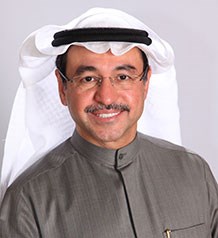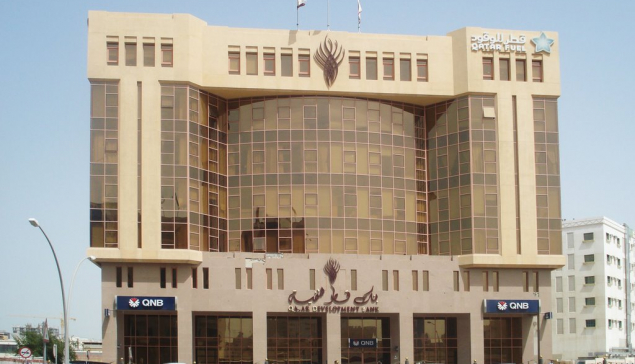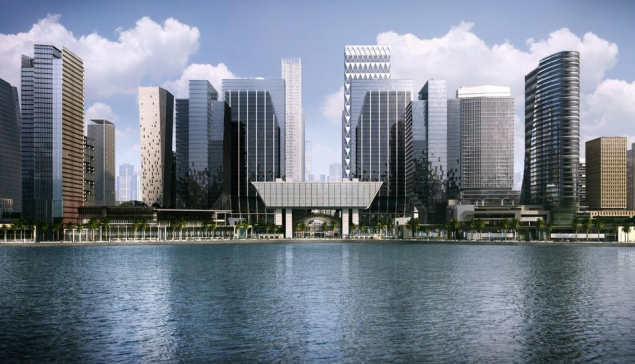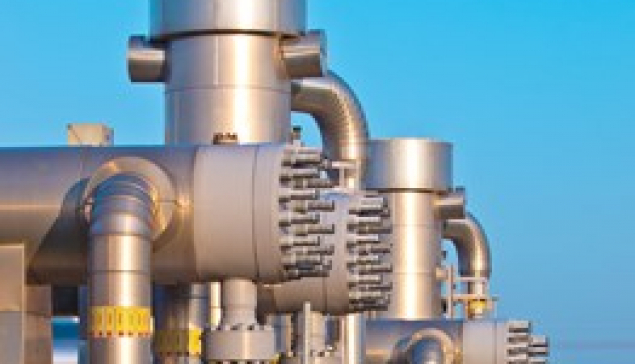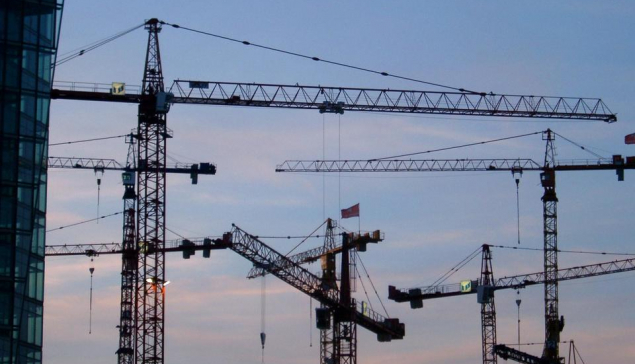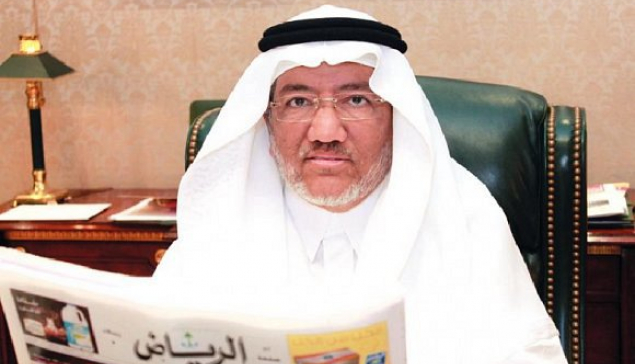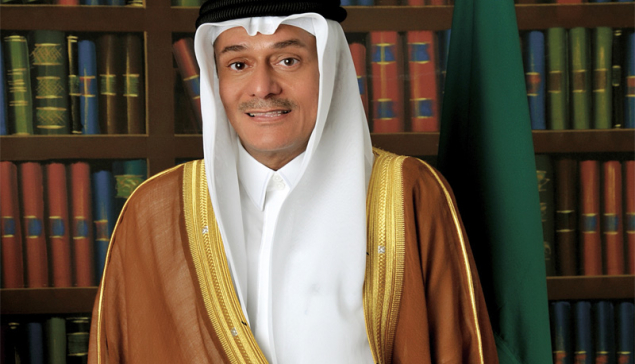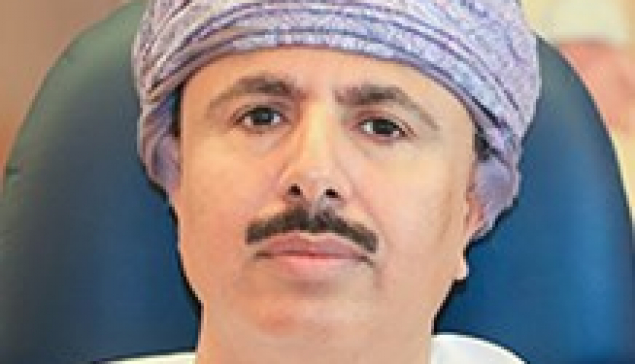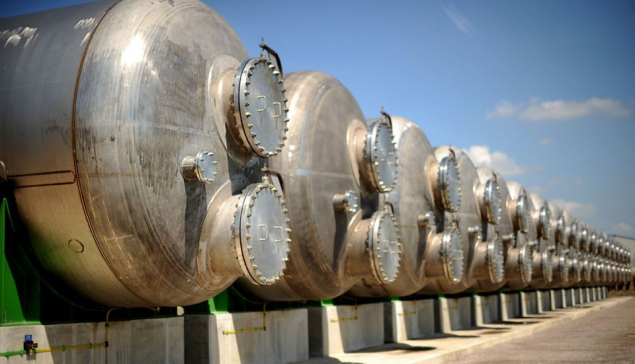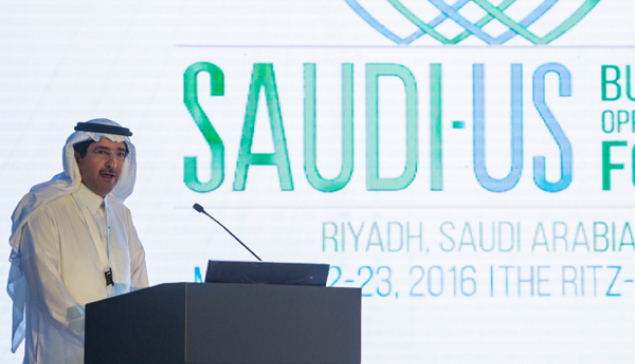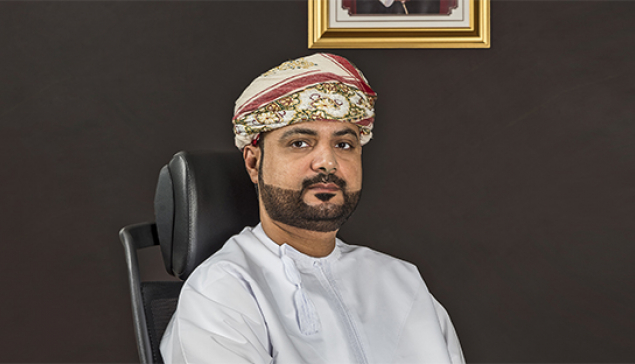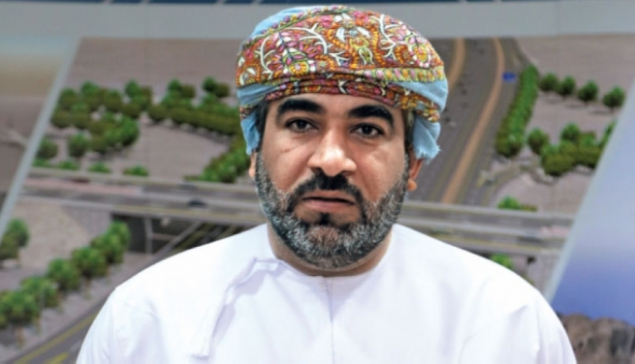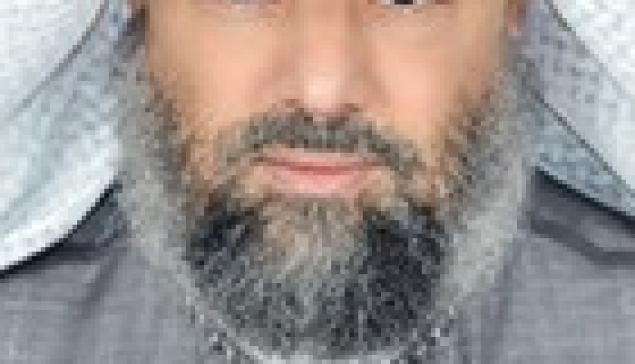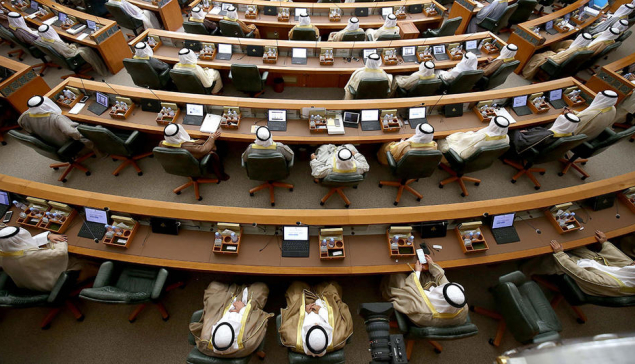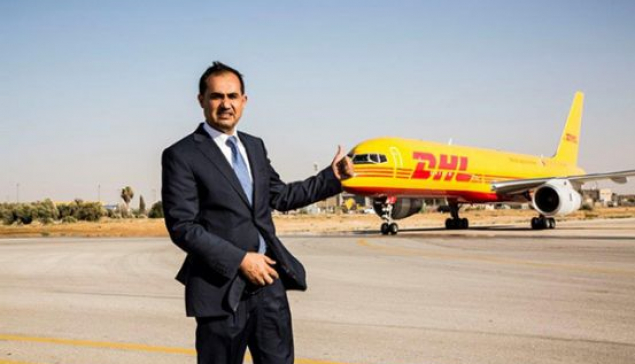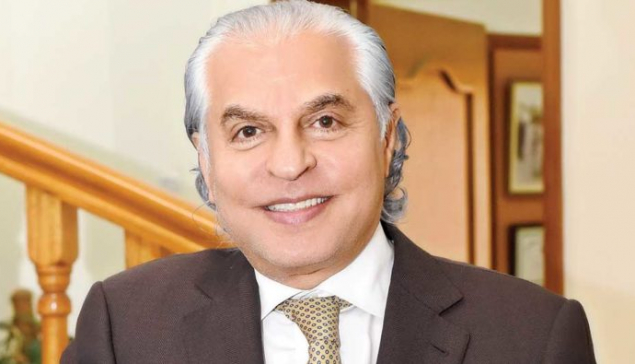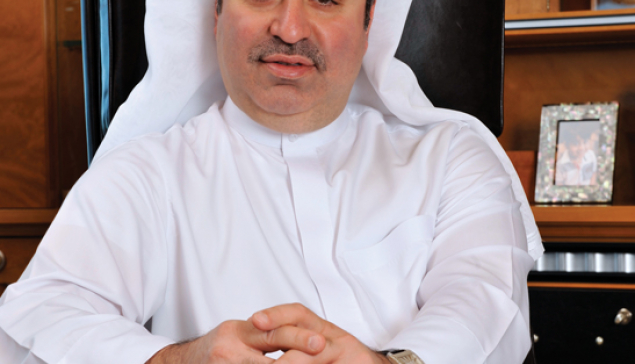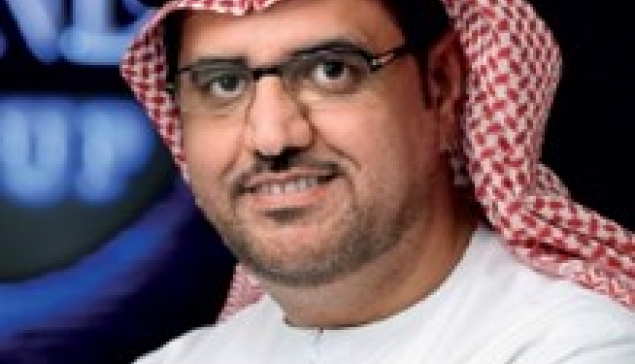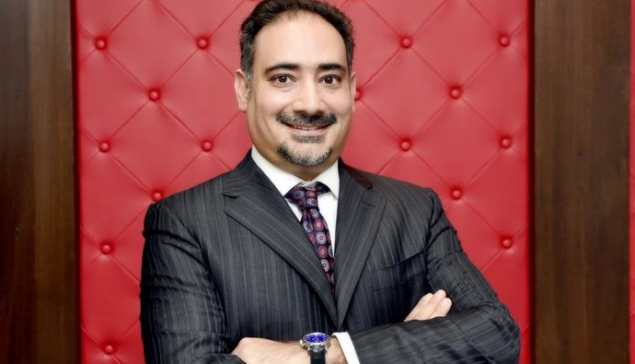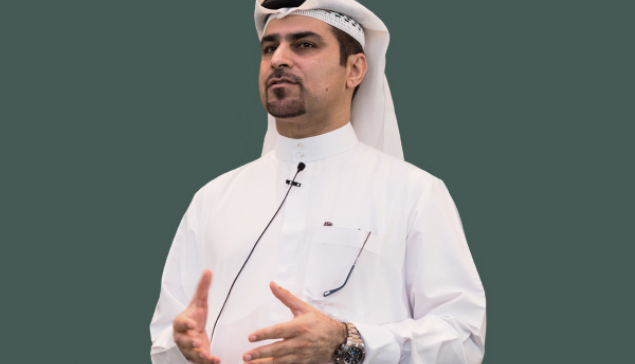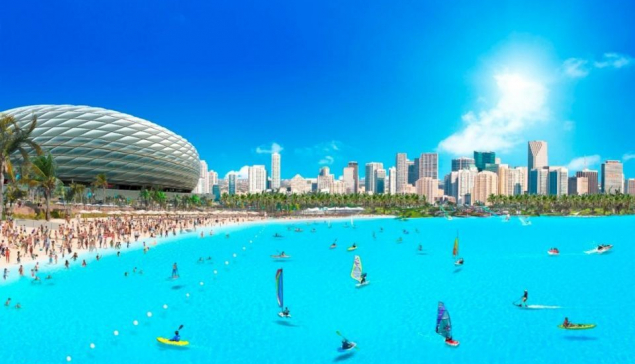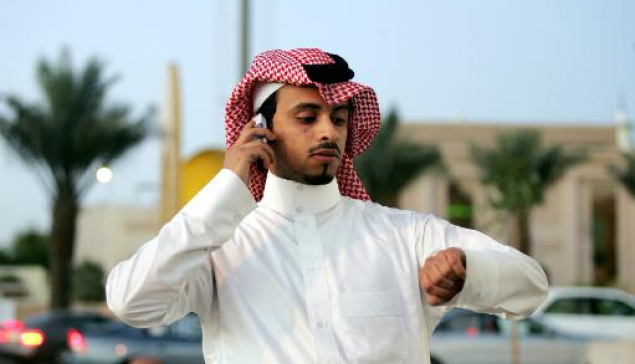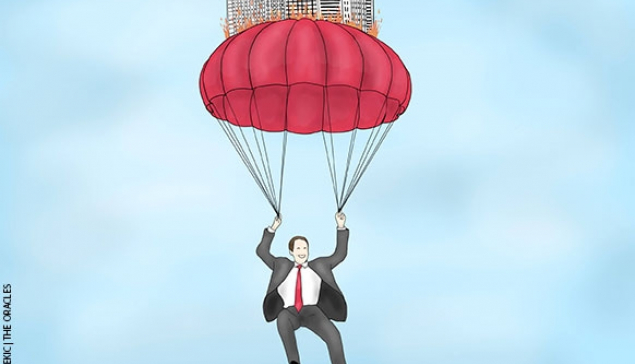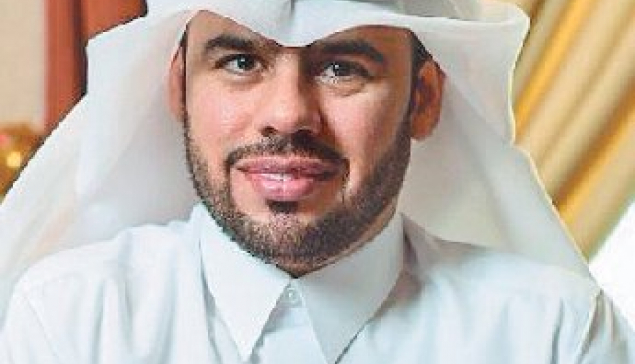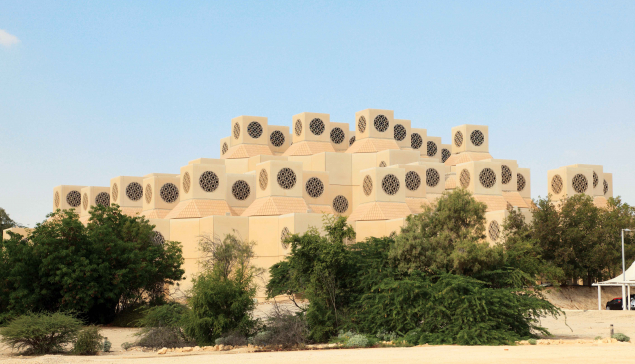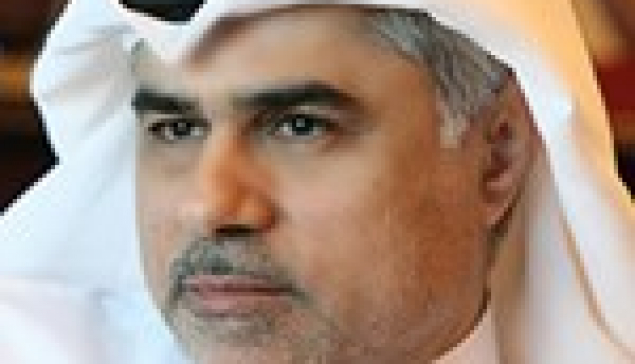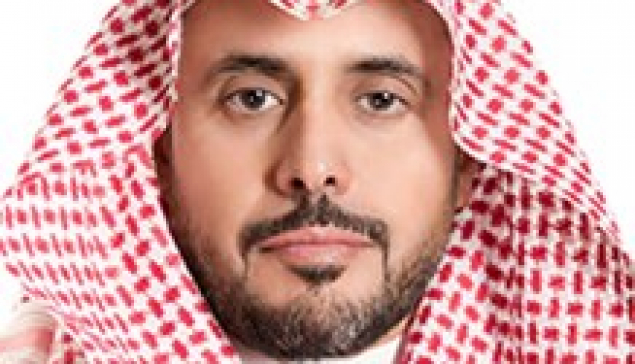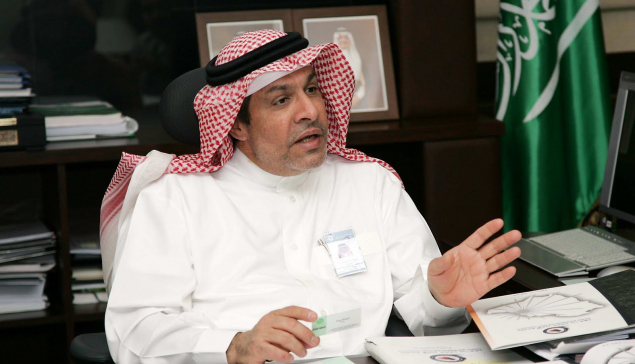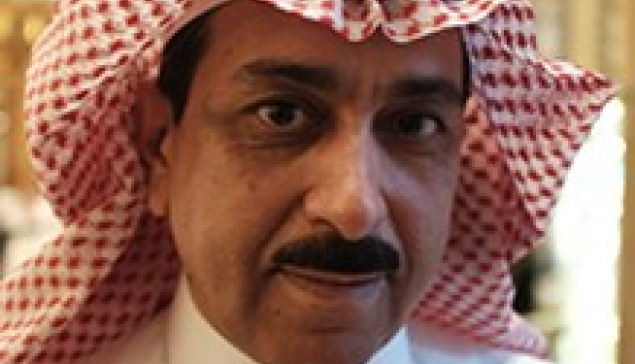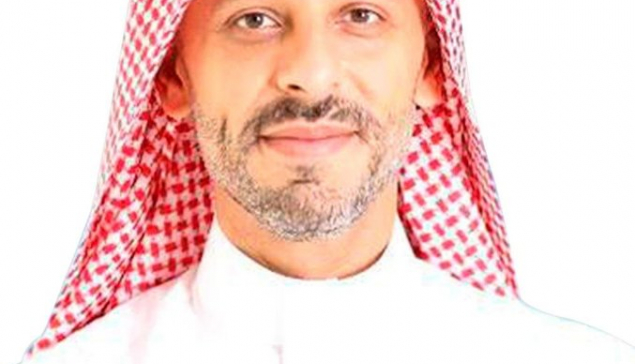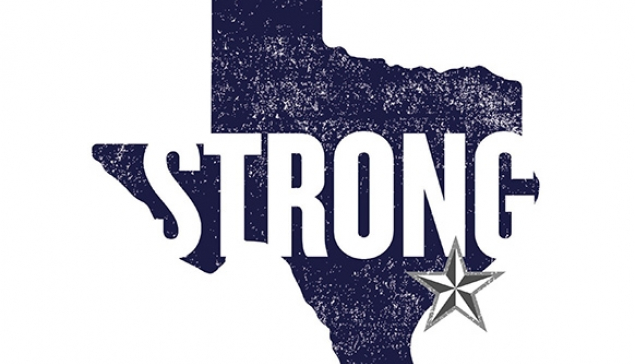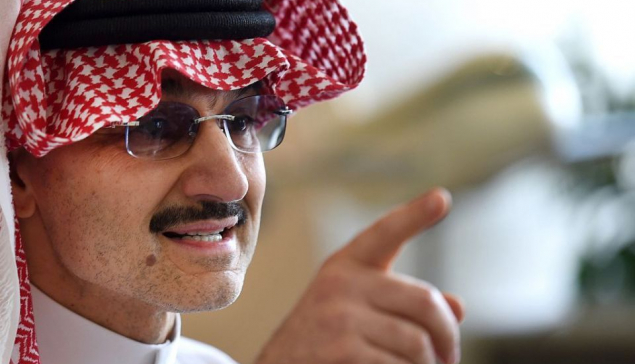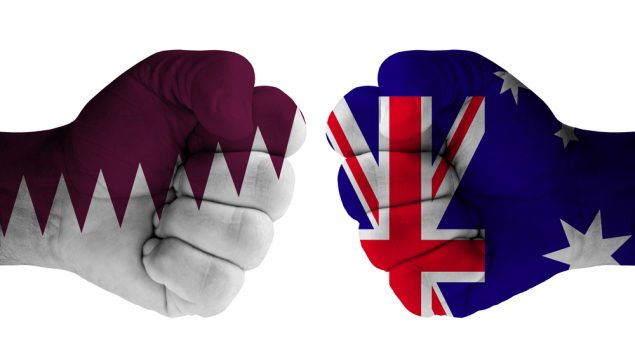What is your operational strategy for 2016 for Arzan, and are there any further plans to diversify your operations?
I took over this company at the end of 2011 when Arzan was a consumer finance company and was not performing well due to the 2008 financial crisis. At that time, my mandate was to turn the company around and to find a business model that suited the company's capabilities and the needs of the country. Over the past ten years, the government persistently had a surplus but the drop in oil prices led to a state deficit for 2015-16. However, the country still has a surplus from previous years. When I took over, we remodeled the company and found that consumer finance was too unpredictable and not profitable enough so we changed the model to that of a fully-fledged investment company. After that we thought about what the locals and expats in this country need and where they want to invest. The political and economic turbulence in the whole region led us to diversify our clients' legacy assets and investments to more stable countries. In fact, a lot of people got burnt in 2008 because of their mortgage investments in this region, especially in Kuwait. In 2007, the Kuwait index was reaching 15,000, but these days it is below 5,000. This gives an indication of how much wealth has been lost already. We started to think of where to take investors and how to restructure their investments, so first of all we turned this company into an investment company—the Arzan Financial Group. Then we changed the whole management, a new crew came in, and now we are focusing more on wealth and asset management. Since the establishment in 2013, Arzan Wealth has advised on the acquisition of assets worth for more than USD1 billion and continues to grow and advise on managing these assets. We also have a brokerage service in Kuwait, Jordan, and Egypt, as well as Arzan VC, our venture capital arm and the first of its kind in Kuwait and among the top in this region. In this regard, Arzan VC has not only established itself regionally, but is also our flagship. It is the only Kuwaiti company that provides this type of service and investment. It has an office in Silicon Valley and now Dubai and is further trying to offer a platform to different entrepreneurs from around the world who cooperate in one way or another. Arzan Wealth, on the other hand, is focused more on yielding investments for those families, offices for individuals, HNIs or for institutions that want to diversify the risk from the local and regional to more mature economies such as the US or Europe. Regarding the latter, the UK, Germany, Norway, and the Netherlands are the countries we invest in. Second, those kinds of assets are yielding in nature, which means that our clients' net worth is not only diversified but they also receive a monthly income with minimal risk. The average return on such assets is around 8% P.A. While the returns are higher in Norway, they are lower in the US. Consequently, we mainly diversify our investors' assets into dollars, pounds, and euros.
What are some of the promising startups here in the region that your venture capital branch is looking into at present?
Arzan VC is working on identifying and building a strong entrepreneurial ecosystem in the MENA region. Entrepreneurs in this region are in need of major financial and technical support, hence Arzan VC built its strategy and team to suit the market requirements. In the future, Arzan VC is expected to support entrepreneurs throughout MENA who are looking for early-stage funding. Kuwait is behind neighbor countries in supporting the creation of an entrepreneurial ecosystem. The government has established a fund of USD6 billion to support new business however, their vision and execution plan is still not clear. Arzan VC reviewed around 300 opportunities last year alone and managed to invest in 14 transactions. We continuously are looking for new investments and our target is to have a great investment every month.
What is your outlook for the year ahead regarding your company's operations as well as the financial services management industry?
We are intertwined with the Kuwaiti and global economies and things remain uncertain. Based on the outcome of US elections we have to reassess our investments there. At the same time, it will take us at least two to three years to determine the exact effect of the Brexit on our assets. Overall, we are currently facing a wealth of troubles but the way we advise our clients is that investment cannot be timed. That is what everybody should know. The best way to move forward is to diversify, to assess the risk, and mitigate it as much as you can. Nowadays, prudent and conservative investors, such as ourselves, have to accept a lower return, but at the same time there will be a better chance of preserving capital and net worth. However, I know that this approach will pay off in the future and hate to see an investor of mine lose money. The UK currency has depreciated about 10% but with us that has been offset with the other investments that we have outside of the UK. My advice to clients is that they have to accept a lower return on investments. This is how we deal with our clients and how we advise them locally and internationally.
What do you consider to be the most important change your company will implement in the medium term?
We will continue with our three-year strategy (2015-2017) implementation. We at Arzan continuously review our strategy, we watch and assist the markets we do business with and have exposers. In this same way always look for new opportunities, new markets, and new clients' needs and assess them to make sure that they are within our strategy and our risk appetite. Arzan is a very dynamic financial institution, and we do our best to satisfy our valuable clients with innovative products and excellent results.
- Super User
- Manufactoring
- Hits: 5673
